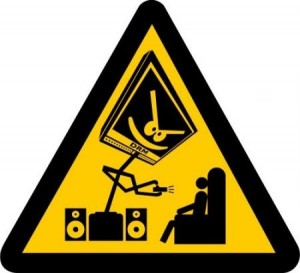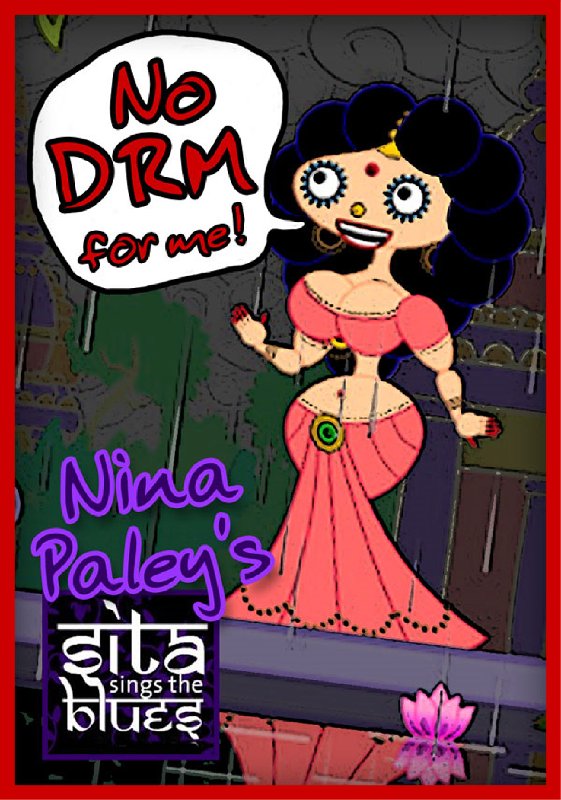That’s today.
DRM
- Digital Rights Management
- Digital Restrictions Management
TPM
- Technological Protection Measures per Bill C-11
- Technological Measures per DMCA
- Technical Protection Measures common parlance
Digital Locks
- All Of The Above
DRM = TPM = Digital Locks
The Day Against DRM article I wrote in 2010 explains my problem with DRM:
DRM stands for digital rights management.
“Digital rights management (DRM) is a generic term for access control technologies that can be used by hardware manufacturers, publishers, copyright holders and individuals to impose limitations on the usage of digital content and devices. The term is used to describe any technology that inhibits uses of digital content not desired or intended by the content provider. The term does not generally refer to other forms of copy protection which can be circumvented without modifying the file or device, such as serial numbers or keyfiles. It can also refer to restrictions associated with specific instances of digital works or devices. Digital rights management is used by companies such as Sony, Apple Inc., Microsoft, AOL and the BBC.
The use of digital rights management is controversial. Proponents argue it is needed by copyright holders to prevent unauthorized duplication of their work, either to maintain artistic integrity[1] or to ensure continued revenue streams.[2] Some opponents, such as the Free Software Foundation, maintain that the use of the word “rights” is misleading and suggest that people instead use the term digital restrictions management. Their position is essentially that copyright holders are restricting the use of material in ways that are beyond the scope of existing copyright laws, and should not be covered by future laws.[3] The Electronic Frontier Foundation, and other opponents, also consider DRM systems to be anti-competitive practices.[4]”
ownership
Clearly, there is a failure to communicate. When we buy something, we believe we own it. The person or company we paid should no longer have any right to the product. They certainly should not have the right to come into our homes and take back the product we have purchased.
But DRM exists to allow the seller to control the product, and how we use the product, even after we have paid for it.
No one actually comes out and tells us in the store that we are buying goods that have been deliberately crippled with DRM.
If they did, customers might not buy them. But there is no ambiguity with retailers– they tell us they are selling us things, and we believe we are buying them.
But apparently the concepts of property ownership that have been prevalent in our society for centuries have suddenly changed. Yet people, customers, consumers have not been told about this. But we need to know about it. We need to understand it. And we need to give our informed consent.
But manufacturers, retailers and governments are not discussing it with us.
Over the past decade or so, instead of explaining to consumers that the rules of buying and selling have changed manufacturers have just been quietly putting DRM on products that we purchase. It is easier for them to cripple the technology than try to explain that they’ve changed the rules. After all, if customers know that the rules have changed, the very natural question is: what do we get out of it? The unfortunate answer to that is “shafted”.
[Note: the Wikipedia quote is as it was in 2010. The text on the Wikipedia DRM page has been expanded in the years since, but this quote is simple and easier to understand, and is as true today as it was then. To see the “new improved” article, click the link]
image credit: “No DRM for Me!” is a remix of part of this image from Nina Paley’s wonderful animated film “Sita Sings the Blues”.
For more links about Day Against DRM blogs posts and activities from all over the world, visit:
http://libreplanet.org/wiki/Group:DefectiveByDesign/Day_Against_DRM_2012#Events
I’ve been building a Pinterest Against DRM/TPMs board as my 2012 Day Against DRM project.



